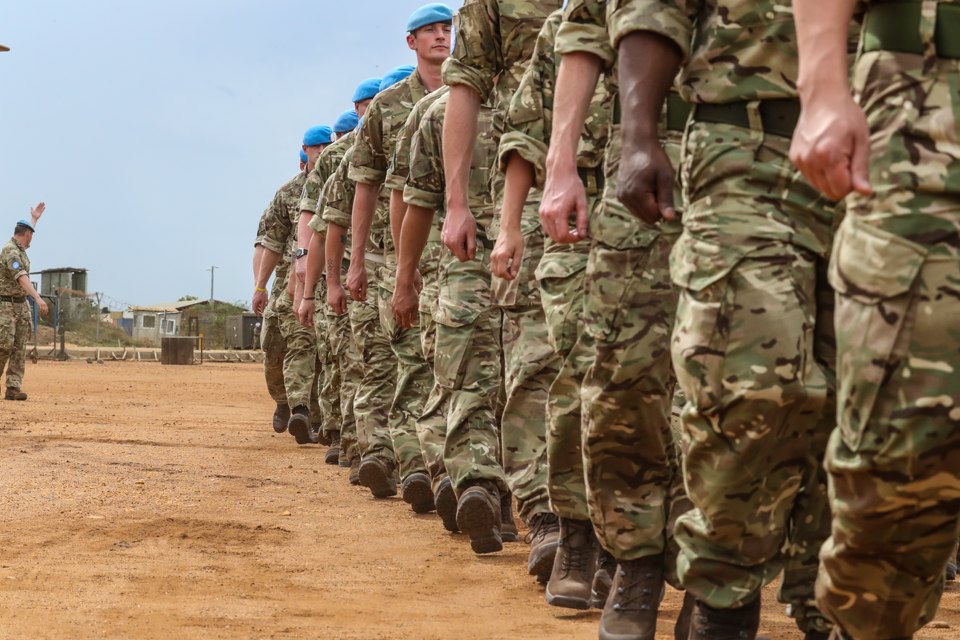Back to Schengen: Commission recommends phasing out of temporary border controls over next six months
Whilst the overall situation continues to stabilise, there are still a significant number of irregular migrants and asylum seekers in Greece. That is why, as a precautionary measure and whilst alternatives are put in place, the Commission is recommending that the Council prolong controls for the last time, meaning they will have to be lifted in six months’ time. During this time, as in the previous periods, controls should only be carried out in a targeted and limited manner and only as a means of last resort. At the same time, the Commission is calling on Member States to increasingly make use of alternative measures that can provide the same level of security, such as proportionate police checks in border areas and along main transport routes. To that effect, the Commission has today also presented a Recommendation on proportionate police checks and police cooperation in the Schengen area.
First Vice-President Frans Timmermans said: “Thanks to our joint efforts, our external borders are now stronger and more secure. By working together it is possible to have both security and freedom of movement. This means that in six months’ time we will get back to a fully functioning Schengen area without internal border controls.”
Commissioner for Migration, Home Affairs, and Citizenship Dimitris Avramopoulos said: “The time has come to gradually return to a fully functioning Schengen system, and today we propose the concrete steps to do it. We recommend that temporary Schengen internal border controls be prolonged for one last time but call on Member States to phase them out, at the same time as compensating with proportionate police checks across their territory.”
Commissioner for the Security Union Julian King said: “The security of one Member State is the security of all Member States, and this includes exercising their police powers, where needed and justified. We encourage Member States to cooperate together as much as possible in operational police work, using all available tools to enhance security within Schengen.”
Important progress has been made in better securing the EU’s external borders and limiting irregular migration over the past months. The full roll out of the European Border and Coast Guard Agency is progressing steadily since its launch on 6 October 2016; following the EU-Turkey Statement, irregular arrivals in Greece have decreased by 97%.
However, despite this progress, all of the conditions of the “Back to Schengen” Roadmap allowing for the lifting all internal border controls are still not fully in place today and the Schengen States concerned are still exposed to a risk of irregular secondary movements. An important number of irregular migrants and asylum seekers are still present in Greece and more efforts are needed to accelerate the processing of asylum applications, increase relocation and to ensure the resumption of Dublin transfers to Greece. Further efforts are also needed to make the European Border and Coast Guard fully operational (see today’s progress report on the progress achieved and the work still needed in making the new European Border and Coast Guard Agency fully operational). The Commission therefore considers it justified that the Council allows the Schengen States concerned, as a last resort measure and only after having examined alternative measures, to prolong the current temporary internal border controls one last time for a limited period of six months.
In parallel, the Commission is also today recommending that all Schengen States make more effective use of proportionate police checks, including in border areas to remedy threats to public policy or internal security. The Commission considers that proportionate police checks could prove more efficient than internal border controls as they can be applied in a more flexible manner and are easier to adapt to evolving risks. While in some circumstances (for example following a terrorist attack) it may be evident from the outset that police checks alone are not sufficient, in other cases, similar results to those of internal border controls can be achieved by stepping up police checks in border areas. Member States should give precedence to police checks before introducing or prolonging temporary internal border controls.
Member States should also strengthen cross-border police cooperation, for example through joint police patrols in cross-border trains, joint threat analyses and enhanced cross-border information exchange. To effectively prevent irregular secondary movement without having to reintroduce internal border controls, the Commission recommends that Member States fully apply existing bilateral agreements that allow for the swift bilateral return of third-country nationals.
Next Steps
The Council now needs to take a decision on prolonging controls, based on the Commission’s recommendation. This is the last time a prolongation of these controls is legally possible under EU rules.
Looking to the future, the Commission is committed to ensuring that the tools already in place are fully used and that the situation is further stabilised.
Background
The combination of serious deficiencies in the management of the external border by Greece at that time and the significant number of unregistered migrants and asylum seekers present in Greece who may have sought to move irregularly to other Member States, created exceptional circumstances constituting a serious threat to public policy and internal security and endangering the overall functioning of the Schengen area. These exceptional circumstances led to the triggering of the safeguard procedure of Article 29 of the Schengen Borders Code and the adoption of the Council Recommendation on 12 May 2016 to maintain temporary proportionate controls at certain internal Schengen borders in Germany, Austria, Sweden, Denmark and Norway for a period of six months.
For more information
Commission Recommendation on proportionate police checks and police cooperation in the Schengen area (DISCLAIMER: This is a pre-finalised version of the text. Formal adoption will take place on Thursday 4 May)FACTSHEET: The Schengen Rules Explained
Back to Schengen – A Roadmap
